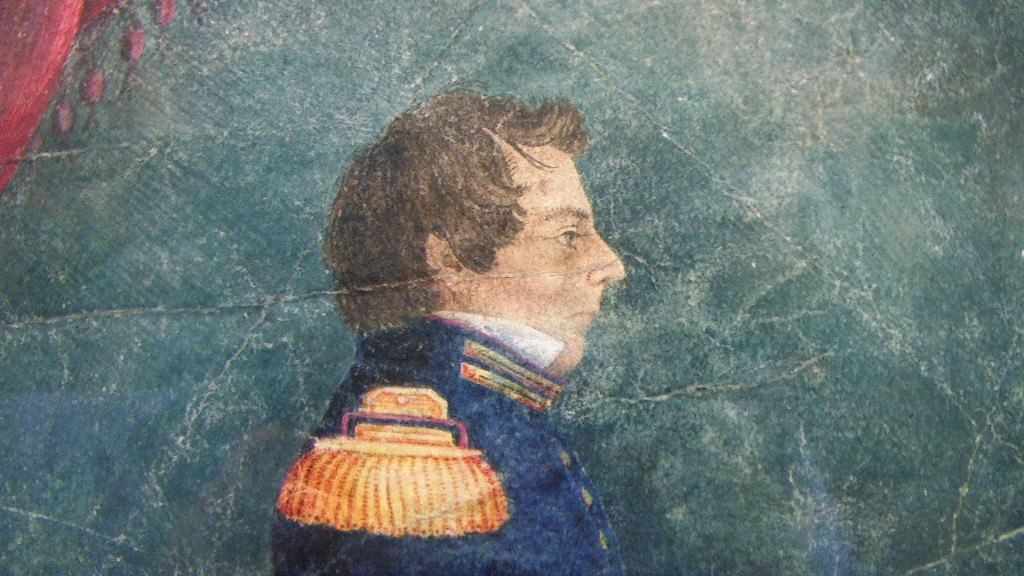An acquaintance at church asked what biography of Joseph Smith I would recommend to readers with moderate to serious concerns about his legacy. I hesitated, for reasons well articulated by the eminent scholar of American religious history, Laurie Maffly-Kipp: “So much discussion of Mormonism over the past 175 years has centered on Joseph Smith’s sincerity.… I am struck not only by the vast historiography, but by the patterns of argument, the well-worn channels in which it runs. The most obvious pivot point, of course, is the issue of supernatural versus natural explanations for Smith’s work and authority. Was Smith a prophet of God or a charlatan? … Authors almost always weigh in on Smith’s character. ‘Was Joseph Smith an honest man?’ seems to be the underlying question for nearly every interpretation of his life.… But it bears stating, as historian Kathleen Flake and others have so ably shown us, that the historical account of the Mormon tradition can be told in numerous ways; the narrative is not self-evident or unchanging. In other words, the history of early Mormonism doesn’t have to be told in the way it usually is: by placing Smith’s guilelessness and honesty front and center.”1
Maffly-Kipp is correct about the literature on Joseph Smith—it tends toward polarities, drawing on sources to either extol or vilify the man. Our collective mindset has been so programmed toward this binary, readers will pigeonhole even studies like Richard Bushman’s Rough Stone Rolling that expressly attempt to break out of the prophet/charlatan hermeneutic. (I’ve heard complaints Rough Stone Rolling is too devotional; I’ve also heard of it being dumped in the trash for being too anti-Mormon.) To my acquaintance’s question, I almost want to recommend nothing but the primary sources themselves. “Give Dean Jessee’s Personal Writings of Joseph Smith a look,” I said, “and let’s see what you think.” Maybe I’m being unfair and overly psychoanalytic in making a simple recommendation!
But anyone versed in Joseph Smith studies will know how the terrain presents challenges to non-specialists. I’m not sure one volume will satisfy a broad audience, the way James McPherson’s Battle Cry of Freedom and Eric Foner’s The Fiery Trial pass popular and scholarly muster. Not yet, at least. So, when my friend returns after finishing the Personal Writings, I’m going to pull the classic elitist, academic cop-out: to study Joseph Smith in enough detail, well, you’re just going to have to engage the whole literature. She’ll want a biography and will get a dozen.
All of this is to ask, What, then, are the essentials? If we were to craft the perfect graduate seminar syllabus or the perfect comprehensive exam reading list on Joseph Smith, what works would it include? Because I’m a sucker for reading lists and syllabuses, I’ll attempt something, but only preliminarily. Here’s a start. Friends, experts: tell me what I’m missing. (I’ve arranged these “essentials” in chronological order of publication, but I wonder whether another sequence would be more engaging.)
- Henry Caswell, The Prophet of the Nineteenth Century (1843)
- Lucy Mack Smith, Biographical Sketches of Joseph Smith the Prophet (1853)
- Pomeroy Tucker, Origin, Rise, and Progress of Mormonism (1867)
- George Q. Cannon, The Life of Joseph Smith, the Prophet (1888)
- I. Woodbridge Riley, The Founder of Mormonism (1902)
- William Alexander Linn, The Story of the Mormons (1902)
- Harry M. Beardsley, Joseph Smith and His Mormon Empire (1931)
- John Henry Evans, Joseph Smith: An American Prophet (1933)
- Fawn Brodie, No Man Knows My History (1945, 1971)
- B. H. Roberts, A Comprehensive History of the Church, vols. 1–2 (1957)
- Donna Hill, Joseph Smith: The First Mormon (1977)
- Richard L. Bushman, Joseph Smith and the Beginnings of Mormonism (1984)
- Truman G. Madsen, Joseph Smith the Prophet (1989)
- John L. Brooke, The Refiner’s Fire (1996)
- William D. Morain, The Sword of Laban: Joseph Smith, Jr., and the Dissociated Mind (1998)
- Robert V. Remini, Joseph Smith (2002)
- Dan Vogel, Joseph Smith: The Making of a Prophet (2004)
- Richard Lyman Bushman, Joseph Smith: Rough Stone Rolling (2005)
- Martha Bradley-Evans, Glorious in Persecution (2016)
1 Laurie F. Maffly-Kipp, “Tracking the Sincere Believer: ‘Authentic’ Religion and the Enduring Legacy of Joseph Smith Jr.,” Chapter 11 in Joseph Smith Jr.: Reappraisals after Two Centuries, edited by Reid L. Neilson and Terryl L. Givens, 175–188 (New York: Oxford University Press, 2009), 176–178.
